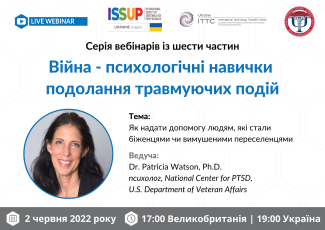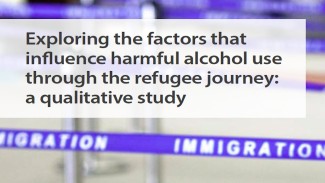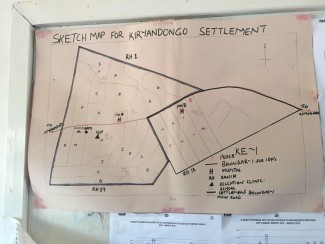Challenges in substance use treatment as perceived by professionals and Arabic-speaking refugees in Germany
Background This study explores substance use (SU) and substance use disorders (SUDs) among Arabic-speaking refugees in Germany. The research investigates the challenges and experiences related to SU treatment from the perspectives of both...


